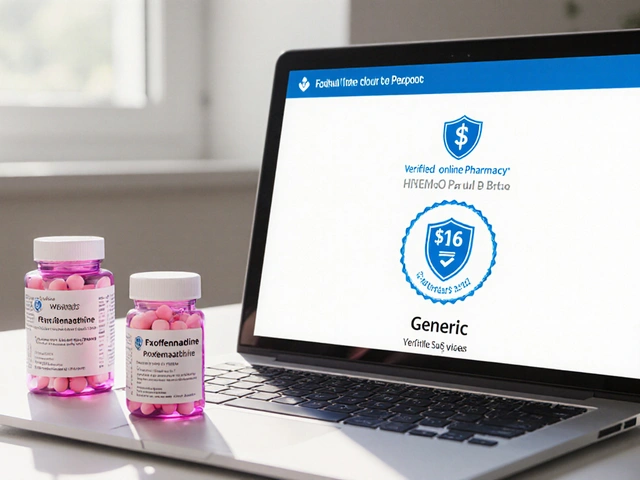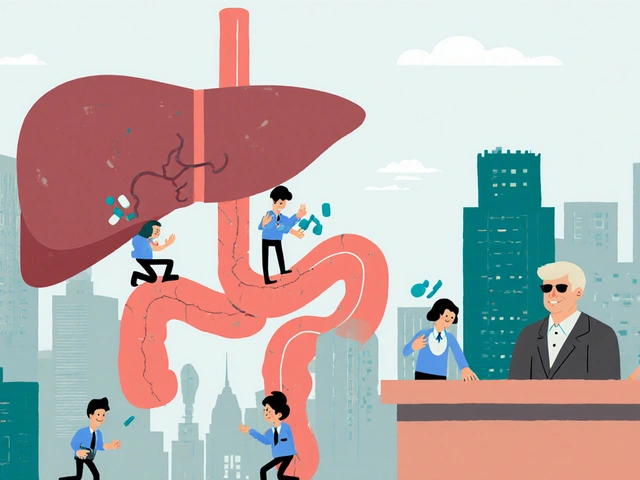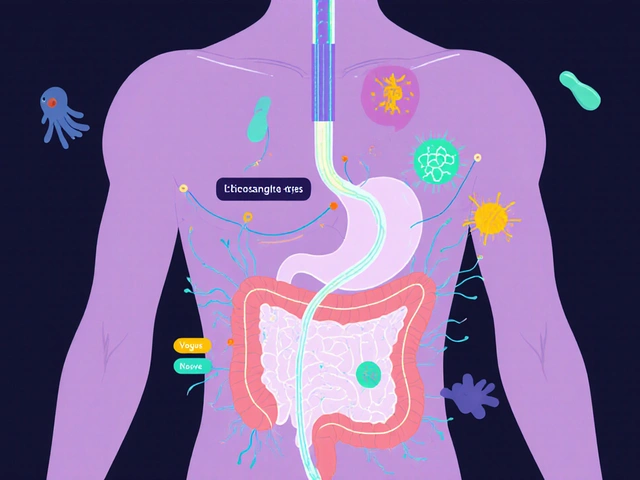ADHD Medication: What Helps and What to Watch For
Feeling scattered, missing deadlines, or constantly restless? Medication often makes a big difference for people with ADHD. This page cuts straight to what actually works, common side effects, and how to pick a safe, sensible plan with your doctor.
Common medications and how they differ
Broadly, ADHD meds fall into two groups: stimulants and non-stimulants. Stimulants are the most commonly prescribed and include two main families: methylphenidate (Ritalin, Concerta) and amphetamine salts (Adderall, Vyvanse). They boost focus and reduce impulsivity by increasing dopamine and norepinephrine activity. Many people notice effects within hours and clear improvement within days to weeks.
Non-stimulants are an option when stimulants don’t work, cause bad side effects, or aren’t suitable. Atomoxetine (Strattera) acts differently and can take several weeks to reach full effect. Other non-stimulants include guanfacine and clonidine—often used for kids, for sleep issues, or when blood pressure effects are desired.
Choosing the right medication and staying safe
Pick a med with a doctor who knows ADHD. Expect some trial and error: dose, timing, and formulation (short-acting vs long-acting) matter. Track symptoms and side effects for a few weeks so you and your clinician can make real decisions.
Watch for common side effects: decreased appetite, trouble sleeping, jitteriness, or small increases in heart rate and blood pressure. Non-stimulants can cause fatigue, stomach upset, or mood changes. If side effects feel severe or sudden—like chest pain, fainting, or dramatic mood swings—seek medical help right away.
Interactions matter. Tell your prescriber about other meds, supplements, or herbal products. Certain antidepressants, blood pressure drugs, and over-the-counter decongestants can change how ADHD meds work or raise risks.
If you’re getting prescriptions online, be cautious. Use licensed pharmacies that require a prescription. Avoid sites that sell controlled meds without one, offer suspiciously low prices, or lack clear contact info. Our site focuses on helping you spot legit online pharmacies and avoid scams.
For parents: dosing and safety checks differ for kids. Growth, sleep, and behavior should be monitored. For adults: talk about work, driving, substance use history, and how meds affect your routine.
Medication is one tool—behavior strategies, counseling, sleep, exercise, and clear routines matter too. If you want deeper reads, check the articles under this tag for reviews of individual drugs, safety guides, and tips on buying prescriptions safely.

Strattera: The Real Truth About ADHD Medication and What You Need to Know
Strattera, or atomoxetine, has changed the game for ADHD treatment by offering a nonstimulant option. This article digs deep into how Strattera works, who it helps most, and what side effects to keep your eyes on. You'll get tips to make sure you take it safely and get the most out of your prescription. Real stats, clear advice, and honest facts—here’s what you should know if you or someone you love is considering Strattera.
View More




